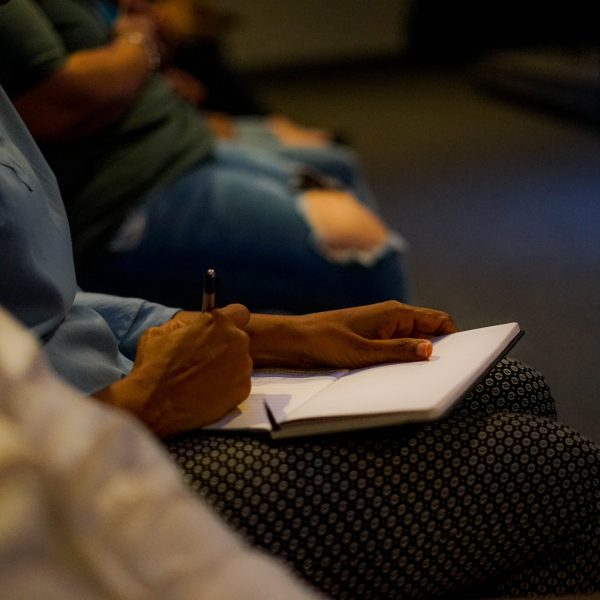Harvard researcher developing SMS professional development program for ECTs

The amount of professional development (PD) received by early childhood teachers (ECTs), the affordability of such PD, and the resources to deliver PD can all be barriers to accessing the kind of training that supports educators to lay the foundation for cognitive and social-emotional development.
Harvard PhD student Emily Hanno knows this reality firsthand. Having worked as a Head Start teacher, then as an instructional coach working with preschool and elementary public and charter school teachers in Houston, Ms Hanno could see that there was little to no support and very little funding for teachers’ professional growth. The opportunities that did exist often weren’t developmentally appropriate for the students those teachers were working with.
As a result, she has undertaken her PhD with the Harvard Graduate School of Education (HGSE) to “explore unanswered questions about how early childhood educators are trained”.
The current professional development model, which sees ECTs attending workshops or coaching sessions which can eat into planning time, time with the children, or time which is outside of regular working hours, such as nights and weekends.
Recognising the burden of time management, and the importance of ensuring teachers are balanced in their work and personal lives, Ms Hanno is developing a professional development program for teachers that is more accessible, including looking at the use of methods like text messaging to deliver practice-relevant information.
Researchers who are removed from the field in which they are researching are also often removed from the day to day stresses which come with working directly with children. This distance, she said, can lead to the kind of thinking which says “if we only gave teachers more professional development, their behaviour would change”.
Ms Hanno, however, believes that more isn’t always better, noting factors like relevance, flexibility, and mode of delivery as important considerations.
“One of the things my work is thinking about is alternative methods of professional development that can be incorporated more naturally in teachers’ day-to-day lives.”
Her research also seeks to better understand is how teacher behaviours change during professional development. Studies exist that compare teaching practices before and after interventions, but Ms Hanno says few have considered how teacher practices change throughout coaching. As part of her research, she is using unique data to determine whether teachers immediately implement practices discussed in coaching, as is believed.
Ms Hanno’s work is receiving attention, not only within HGSE. This year she was chosen as one of four doctoral candidates chosen as 2019–20 Djokovic Fellows.
The Djokovic fellowship was launched by the Center on the Developing Child at Harvard University and the Novak Djokovic Foundation in 2016 to support Harvard doctoral candidates whose independent research aims for breakthroughs for children facing adversity.
“The Djokovic Fellows program has such a great reputation in both the research and the policy world that I’m really excited to get feedback on my research, both to make it as rigorous as possible but also to make sure it is applicable to policymakers and can make a difference for children,” Ms Hanno said.
More information about Ms Hanno’s work may be found here.
Popular

Policy
Practice
Quality
Provider
Research
Safety starts with supervision: responding to real risks in ECEC
2025-07-07 10:30:58
by Fiona Alston

Policy
Provider
Practice
Quality
Jay Weatherill appointed to co-lead urgent review into childcare safety in Victoria
2025-07-07 07:24:04
by Fiona Alston

Quality
Practice
Provider
Workforce
Reclaiming Joy: Why connection, curiosity and care still matter in early childhood education
2025-07-09 10:00:07
by Fiona Alston













